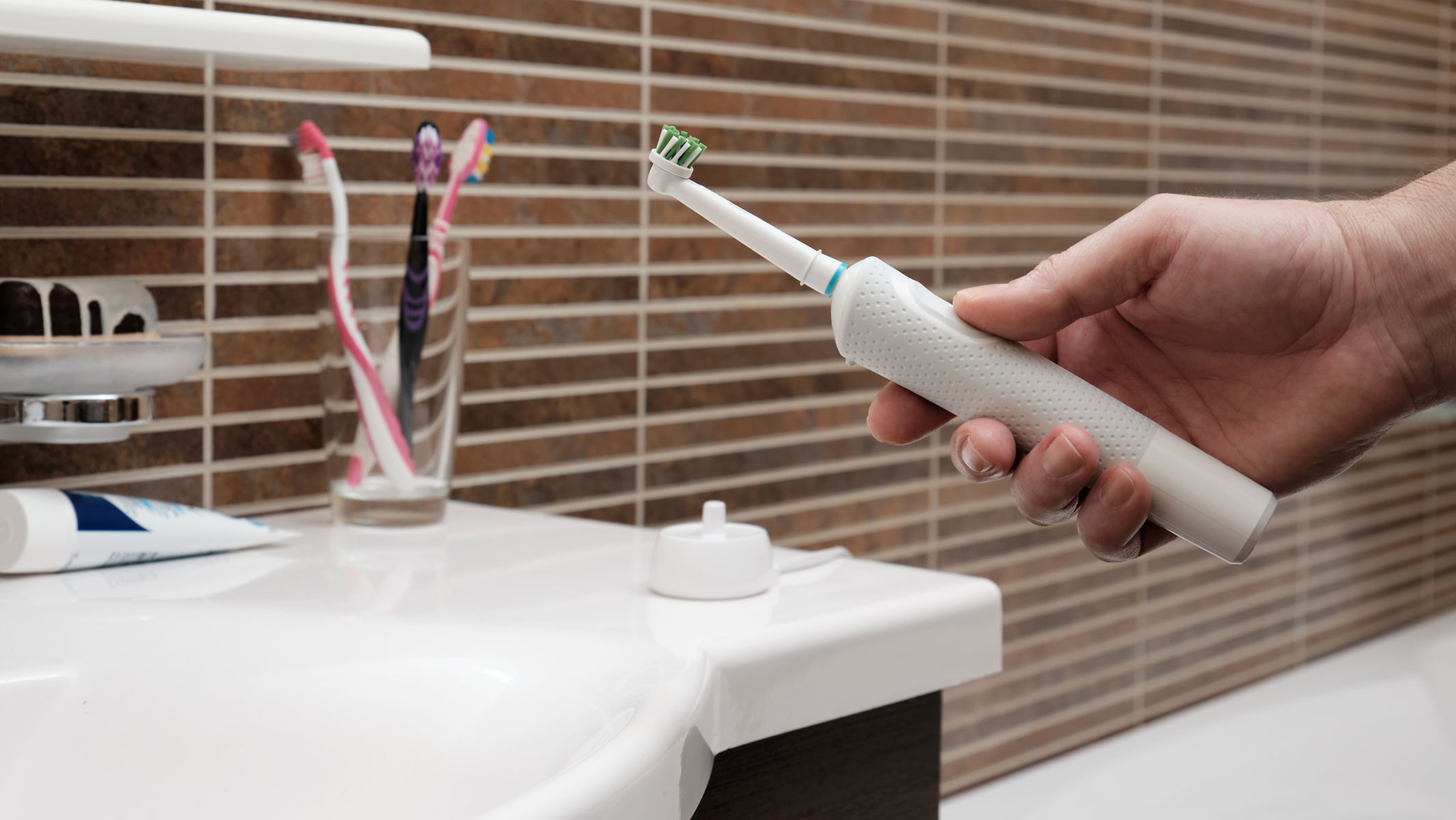9/11 Science: 10 Ways Terrorist Attacks Rocked America
Studying tragedy
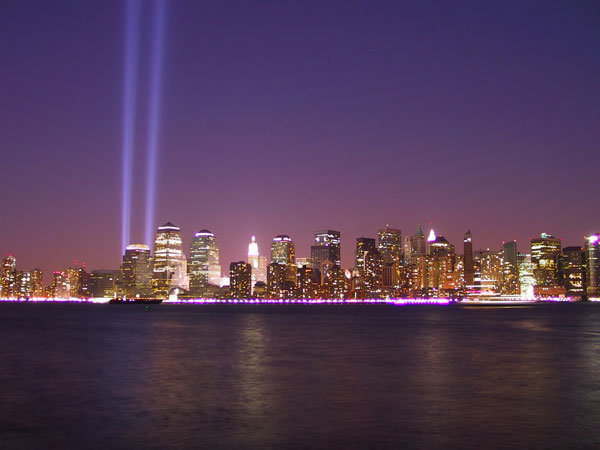
In the hours, weeks and months after 9/11, scientists turned their attention to the effects of the attack on the nation's skies, health and psyche. Here's some of what they learned about the subtle and not-so-subtle ways that 9/11 rocked America.
Clear Skies
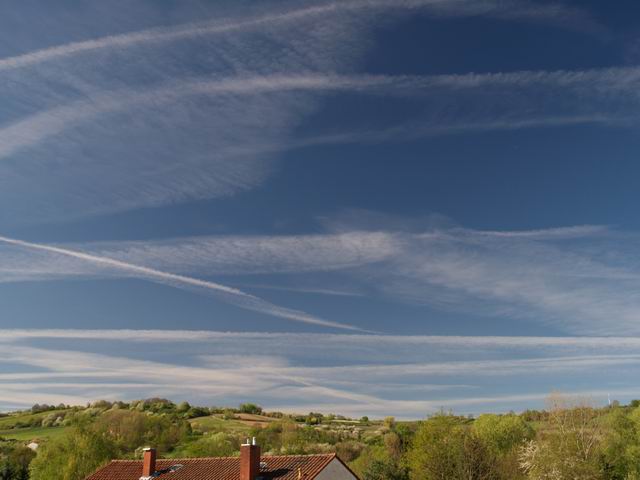
The grounding of almost all air traffic in the United States in the days after the 9/11 attacks created an unusual moment for climate researchers, who could suddenly make some calculations about how planes' contrails affect the temperature and weather. A 2002 study suggested that during the three days without air travel, daily temperature variability increased by 2 degrees Fahrenheit (1.1 degrees Celsius) each day, suggesting that contrails play a role in daily temperature. [See images of streaming contrails]
More recent research has found that contrails have a more immediate warming effect on Earth's surface than carbon dioxide and other greenhouse gases. (Of course, greenhouse gases persist longer and so affect climate more in the long-term.)
Memory Decay
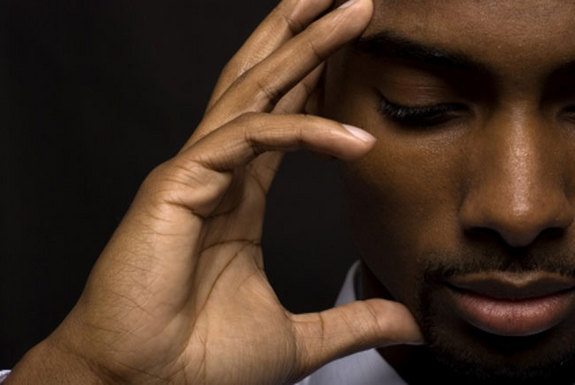
Within days of the 9/11 attacks, psychologists began interviewing Americans from coast to coast about where they were when they heard the terrible news. These "flashbulb memories" of transformative events were once thought to be resistant to the normal fading that occurs over time. The 9/11 Memory Consortium, a national group of memory researchers, followed people up to three years after the attack and found that these memories degrade significantly in the first year but then stabilize, a pattern not so different from everyday memories. (Studies of other traumatic national events reveal similar results.) The 9/11 Memory Consortium followed up again with their study participants in August 2011, gathering data on people's memories 10 years on. Those results will soon be up for analysis. [10 Ways to Keep Your Mind Sharp]
9/11 Baby Boom
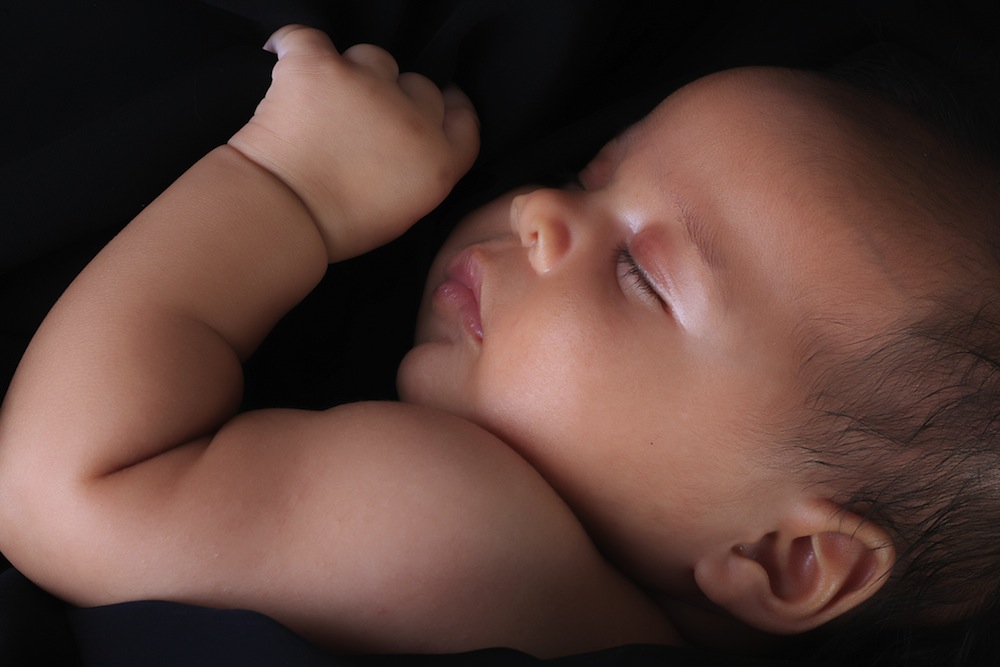
Not long after 9/11, speculation began that Americans, traumatized and seeking meaning, might usher in a mini baby-boom nine months after the tragedy. Newsweek Magazine, for example, ran an article in June 2002 citing a few anecdotes of new parents as a result of the attacks and data about a flurry of "What to Expect When You're Expecting" sales.
But there's no evidence that any such boom occurred. In April 2003, Columbia University researchers published a study in the journal Obstetrics & Gynecology examining the potential baby-boom effect close to the center of the tragedy. They found no statistically significant bump in births of babies conceived around Sept. 11, 2001 and delivered in Columbia University's hospital in New York City.
Trauma Dreams
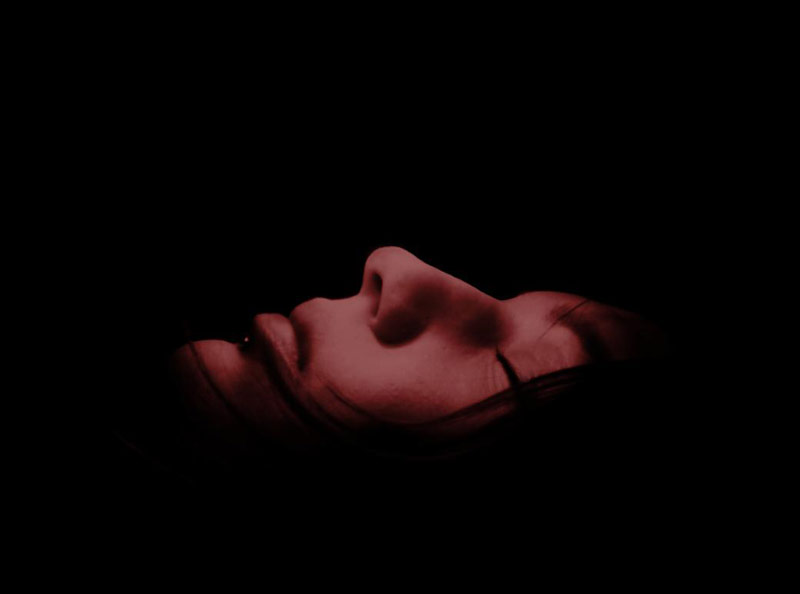
Post-traumatic nightmares are known to be exceptionally vivid, and several studies in the weeks after 9/11 found that the attack invaded Americans' slumber. One small 2003 study published in the journal Dreaming found that among 16 Americans who always recorded their dreams in diaries, pre-9/11 dreams were less vivid than post 9/11 dreams, even when the dreams had nothing to do with the terrorist attacks.
Get the world’s most fascinating discoveries delivered straight to your inbox.
A 2008 study published in the journal Consciousness and Cognition followed the dreams of 21 students in California right after the 9/11 attacks and found that over a period of 10 weeks, three-quarters had a 9/11-related dream. Several dreamt about being in the military or meeting Osama Bin Laden. Dreaming didn't necessarily correlate with closeness to the event or emotional distress, however; one woman who knew a victim of the United 93 hijacking reported no 9/11-related dreams at all.
Short-Term Authoritarianism
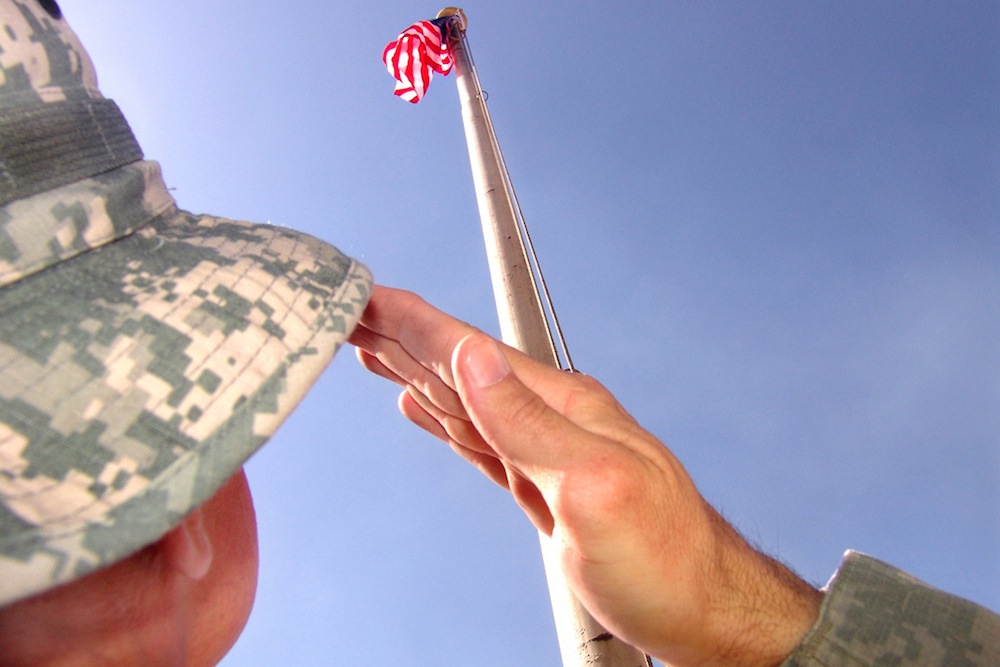
At least in the short term, researchers turned up changes in the way people thought in the aftermath of 9/11. Two identical surveys of college students in Arizona — one done in the days before 9/11 and one done just days after — found that the attacks spurred a small uptick in right-wing authoritarianism (acceptance of authority and socially sanctioned aggression) in the respondents. That research, published in 2007 in the journal Personality and Individual Differences, also found that men in the study showed less of a pattern of disengaged, alcohol-and-drug-based coping mechanisms after the attacks compared with before.
Collective Blood Pressure
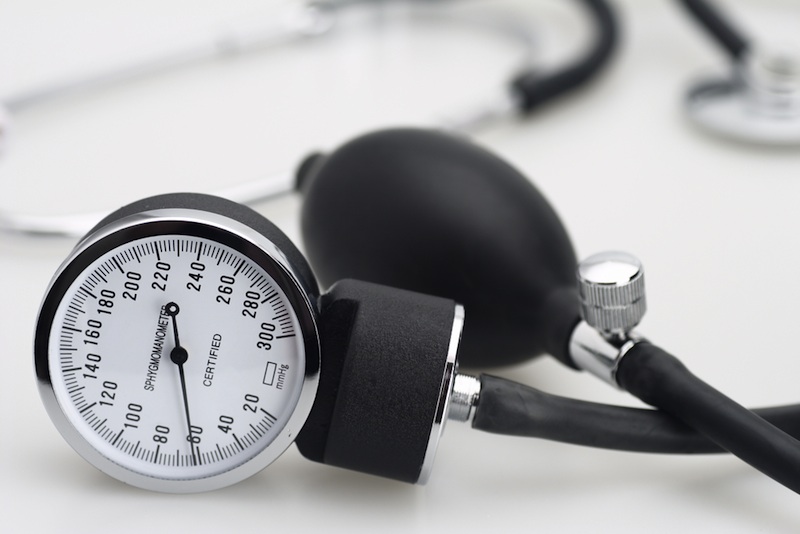
A 2003 study suggests that 9/11 raised America's collective blood pressure, quite literally. Patients in managed care who were already monitoring their blood pressure at home in Chicago, Washington, D.C., Mississippi and New York saw their systolic pressure go up by 1.7 to 3.8 millimeters of mercury in the two months following the attacks. That effect was small but significant, researchers reported in the American Journal of Hypertension, suggesting an uptick in stress and anxiety.
Keeping It In
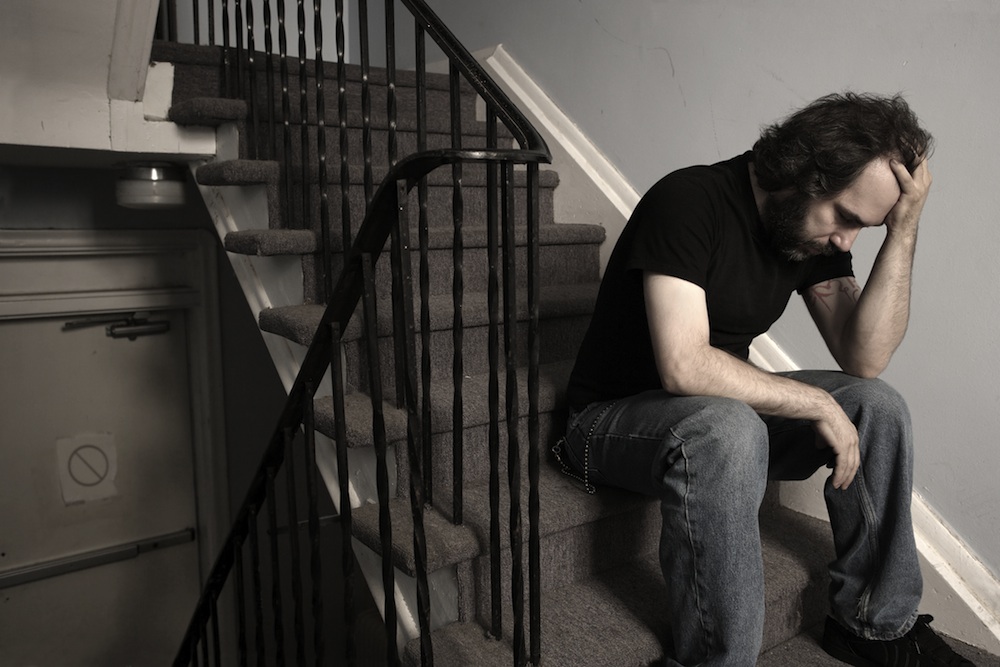
The usual advice after a trauma is to talk it out rather than bottling it up inside. But for the collective trauma of 9/11, many people who did not experience a direct loss may have been better off not dwelling on the event, a 2008 study found. In a large national sample of people surveyed on Sept. 11, 2001, those who chose not to share as much of their thoughts and feelings were mentally better off than those who opened up, suggesting that keeping stoic isn't necessarily a trip to repression-induced trauma.
Drinking and Grieving
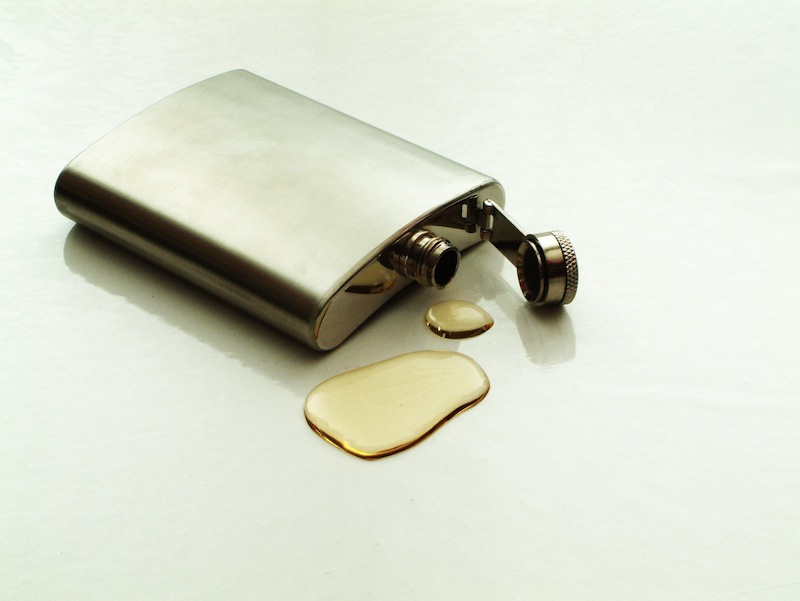
Of course, there are negative ways to cope, including soothing oneself with alcohol. A 2006 study found that New Yorkers closer to the disaster (either witnessing it or being personally affected by it) were more likely to drink than New Yorkers less involved as much as two years after the attacks. The research, published in the journal Addictive Behaviors, also found an association between binge drinking and alcohol dependence and the World Trade Center disaster. [10 Easy Paths to Self-Destruction]
Those Who Forget
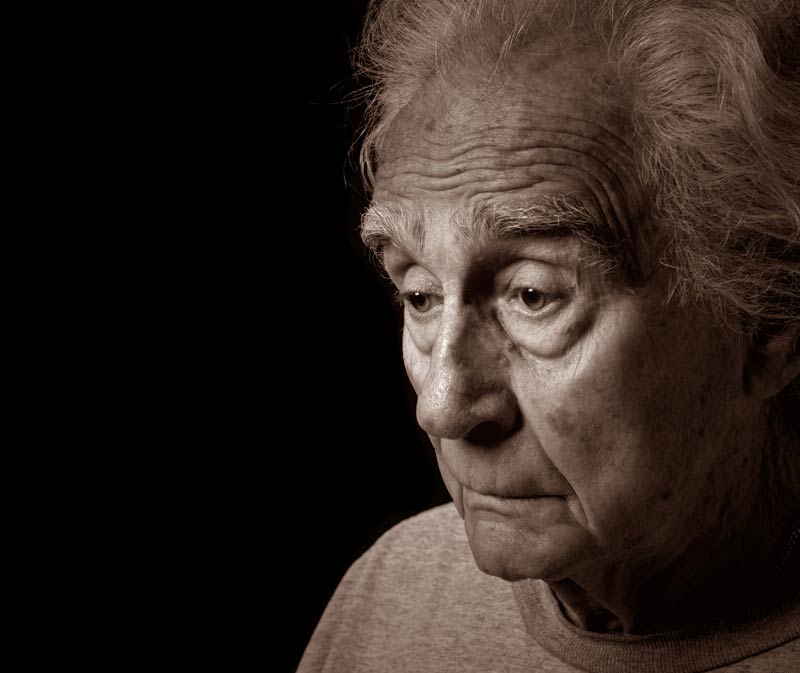
People with Alzheimer's and age-related mild cognitive impairment (MCI) lost their memories of 9/11 faster than people their age without dementia, but after three months their forgetting tracked that of healthy people, according to a 2007 study published in the journal Cortex. Those findings are important for understanding how Alzheimer's and MCI function, the researchers reported. It seems that the problem for the dementia patients was storing the memories in the first place. But months later, after the information is stored and consolidated, it may not be as vulnerable to the ravaging effects of the disease. [5 Things You Should Never Forget]
Sadder and Sicker
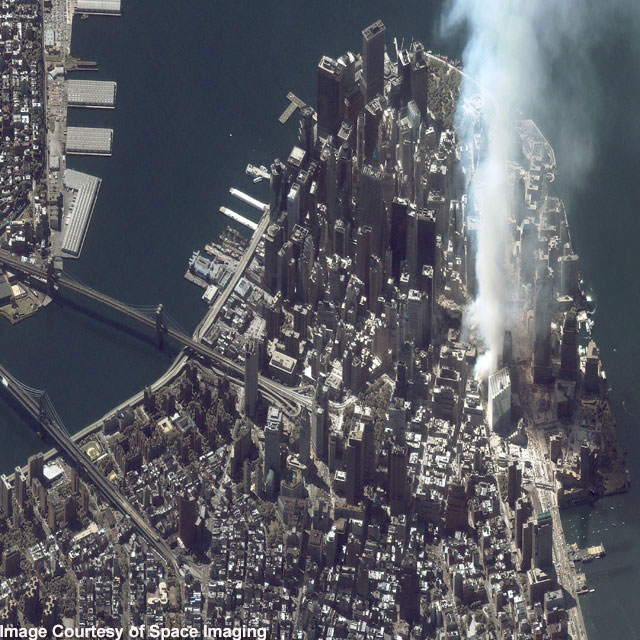
In the years after 9/11, doctor-diagnosed illnesses climbed 18 percent, according to a study published online July 2011 in the journal Social Science and Medicine. Doctor's visits went up, too, and both results held after adjusting for demographics, previous health and other potentially confounding factors. The increase was highest in people with pre-existing conditions, but it also occurred in people who were healthy before 9/11, reported study author E. Alison Holman of the University of California, Irvine.
"Large-scale collective traumas such as 9/11 often set in motion a series of events, such as personal loss, economic hardship and fears about the future," Holman said in a statement. "Under these circumstances, stress can take its toll in the form of illness, even among people who were nowhere near the World Trade Center towers on Sept. 11."

Stephanie Pappas is a contributing writer for Live Science, covering topics ranging from geoscience to archaeology to the human brain and behavior. She was previously a senior writer for Live Science but is now a freelancer based in Denver, Colorado, and regularly contributes to Scientific American and The Monitor, the monthly magazine of the American Psychological Association. Stephanie received a bachelor's degree in psychology from the University of South Carolina and a graduate certificate in science communication from the University of California, Santa Cruz.
